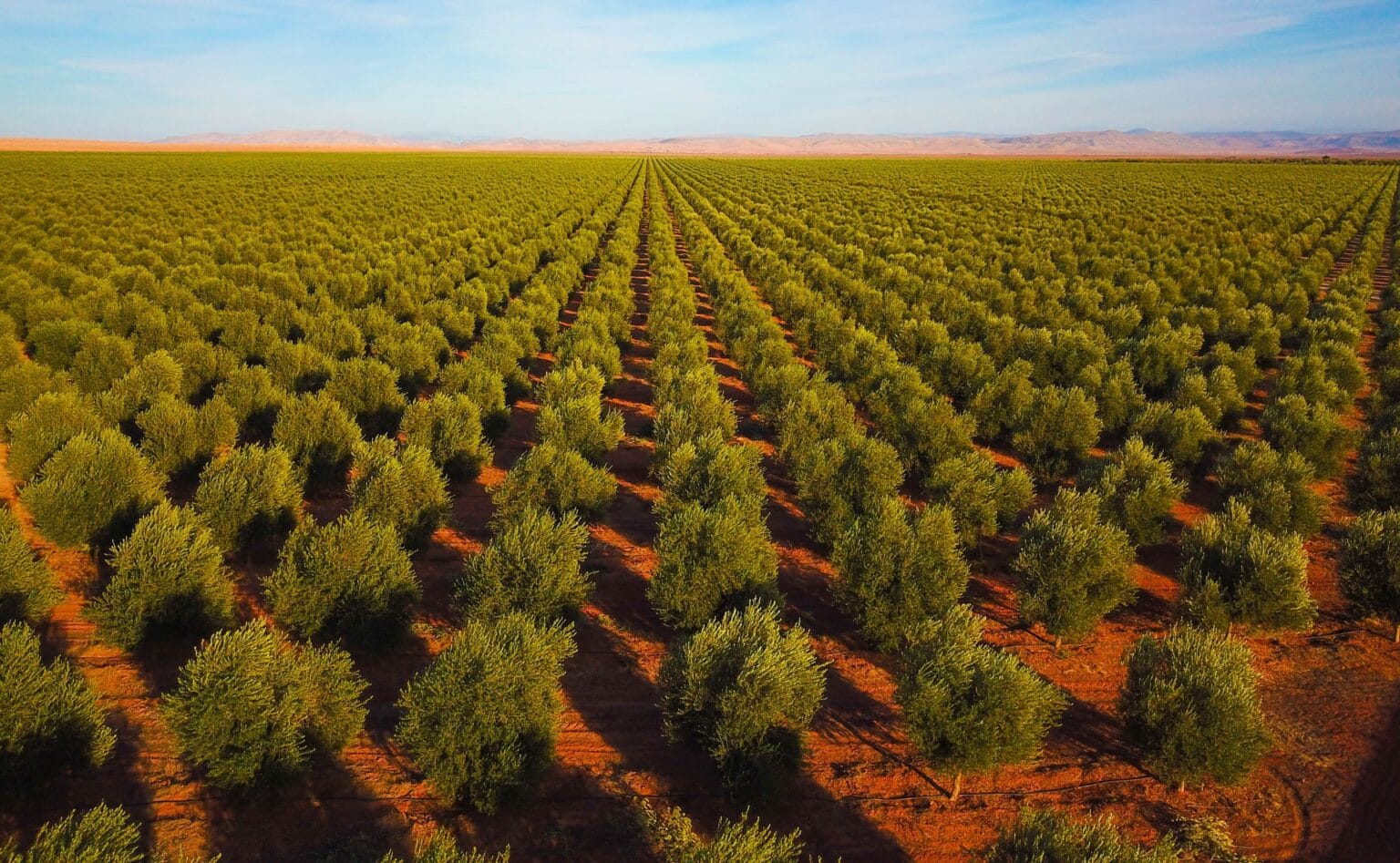About a hundred actors in the olive oil sector gathered this Wednesday at the Qualipôle in Meknès for a day of exchange organized by INTERPROLIVE on the crucial theme: “Challenges of adapting olive cultivation in Morocco: constraints and perspectives.” This meeting is part of the ClimOliveMed scientific program, a collaborative initiative between Morocco, France, and Italy, dedicated to developing concrete solutions to strengthen the resilience of Mediterranean olive cultivation in the face of climate change.
In his opening speech, Rachid Benali, President of INTERPROLIVE, emphasized the vital importance of this sector for the country: “Olive cultivation embodies both our history and our future. Its sustainability relies on our collective ability to innovate and to unite science, public policies, and field actors.”
Jawad Bahaji, President of the General Council for Agricultural Development, also highlighted the climate urgency that necessitates a profound revision of agricultural practices: “Climate change is no longer a hypothesis, but a reality that disrupts our balances. Programs like ClimOliveMed provide tangible pathways for a sustainable transition.”
The day allowed for the presentation of the scientific results of the program while opening a space for exchanges between researchers, producers, public decision-makers, and institutions. Several thematic workshops facilitated rich dialogue among Mediterranean countries, while an artistic restitution offered a sensitive perspective on the daily realities of olive growers.
With this event, INTERPROLIVE reaffirms its commitment to innovation, sustainability, and the structuring of the Moroccan olive oil sector, marking a major step towards a more resilient, just, and future-oriented ecosystem.


